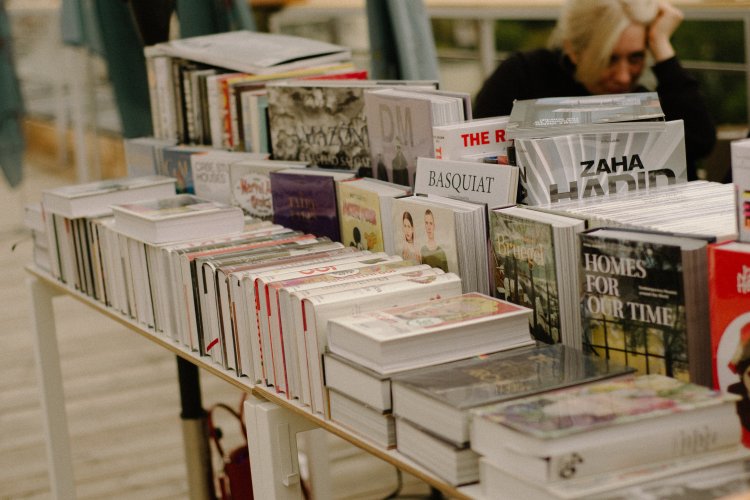Neither Panda-Hugger nor China-Basher, Dutch Journo's New Book Offers Balanced View
Author and journalist Fokke Obbema, who works on the foreign desk at Dutch newspaper de Volkskrant, discusses his new book China and the West, in which he examines the past, present, and future for Western nations’ relations with China.
Obbema became fascinated with China after he visited the country for the first time in 2008. “The energy and dynamism of its people contrasted quite strongly with the pessimism that abounded in Europe at the time, where the credit crisis had shaken the financial system and the mood was one of gloom,” he says.

The author recognized the large amount of pessimistic discourse about China throughout the media at home, as China is frequently “the other” in both the news and books being written on the subject. “The feeling was that China was about to take over Europe, that we would live in the shadow of China’s dominance.”
In response to this, Obbema decided to take a clear-headed and balanced approach to discussing the relationship between China and the West instead. “Being neither a panda-hugger nor a China-basher, I would say my approach is mostly balanced, both towards China and the West; they both deserve some sweet and sour remarks. Moreover, my perspective is a European one, so for instance with regards to matters of security, I’m far less a partisan than a Chinese or American observer would be.”
“In those days, some literature claimed that China would rule the world, and that the end of the Western world was near.” It was in that context that Obbema’s book, China and the West, became a bestseller.
“In my eyes this different perspective was needed, not only as China’s rise is arguably the most important development of this century, but also in view of the world problems we share, like climate change. In order to solve these issues an open dialogue between China and the West is indispensable and my hope was to make a small contribution to that effect.”
China and the West also makes some suggestions for the future, particularly for China and Western nations with a fair and strong future for both as the aim. “This requires far more intellectual curiosity towards China from the West, as at the moment we tend to reduce the country to a big market. As for China, it requires less suspicion when Western politicians address the issue of human rights.”
Furthermore, the future is not only up to the leaders of all nations involved, as contact between ordinary people is also vital to a strong future for the entire world. “My hope for China and the West is centered on the positive impact these people-to-people contacts might have on mutual understanding.”
More stories by this author here.
Email: margauxschreurs@truerun.com
Instagram: s.xuagram








